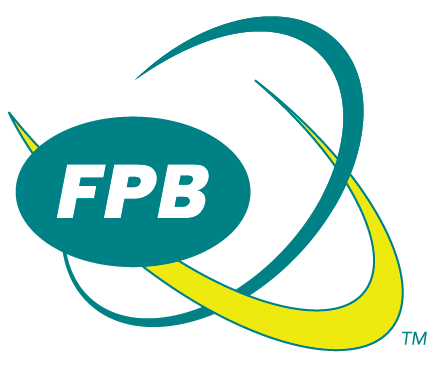Going Solar? Here’s where to start.
Know your energy usage and rates. FPB can assist you with determining your historical usage and current electric rates.
Is your roof suitable for solar panels? Are there trees or other obstructions that would prevent adequate sunlight from reaching your roof?
Research your solar company before entering any agreements. Receiving multiple quotes from qualified solar contractors can help you determine which options are best for your home or business.
Understand how you will be compensated for excess energy you produce. FPB offers net metering for residential and small commercial (30kW or less) and a value of solar credit for larger (over 30kW) systems.
Research available tax credits for solar and other potential tax implications.
Talk to the planning and zoning office for your jurisdiction to determine if there are any local restrictions or permit requirements.
Solar energy use has grown rapidly over the past decade. Costs have dropped, while new ownership and financing models allow more Americans than ever to choose solar. Solar is now available as a power choice in all fifty states, territories and the District of Columbia. Going solar is a significant decision. By understanding the basics of solar energy, your solar options, and the right questions to ask solar professionals, you’re well positioned to make the right decisions.
SEIA Residential
Guide to Solar Power
Consumer Checklist
Value of Solar
Net Metering Requirements
Net Metering Application
Value of Solar is for large commercial and industrial (>30kW) and Net Metering is for small commercial/residential (30kW or less).
For more information and resources regarding the Solar Industry go to www.seia.org/resources


